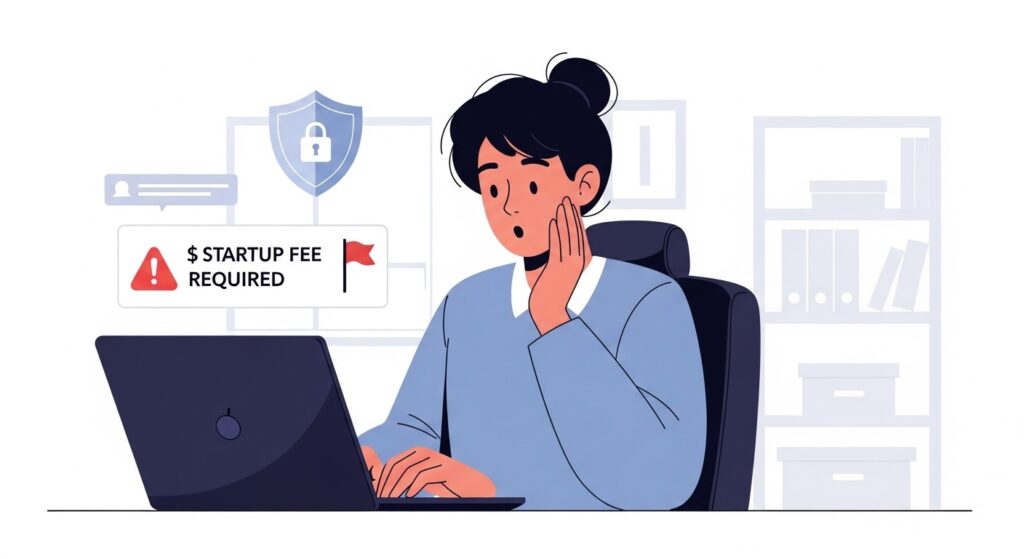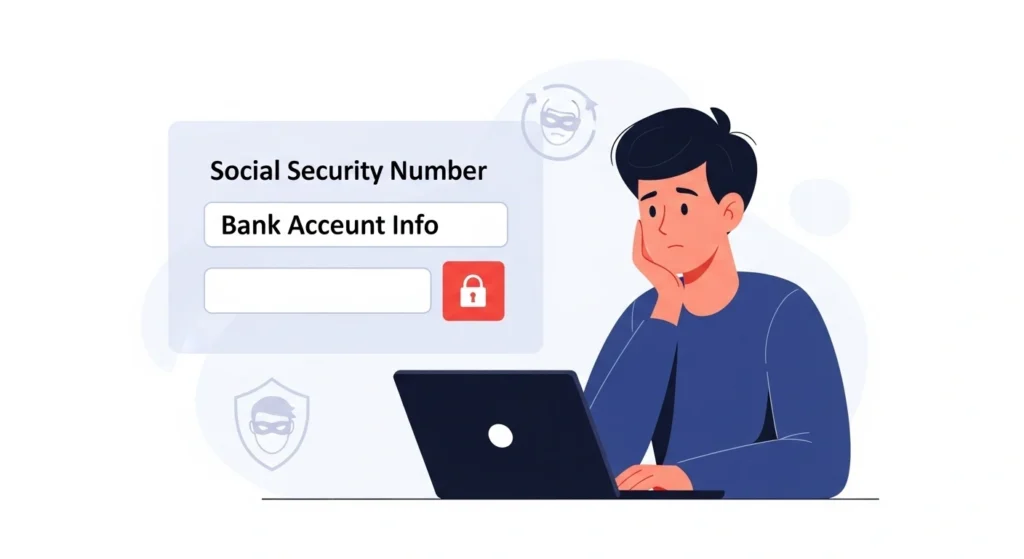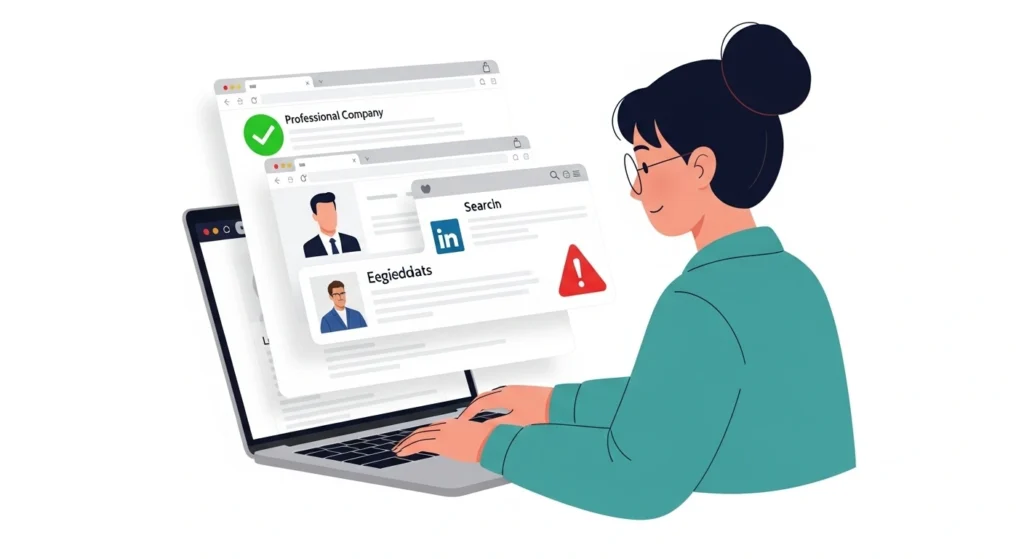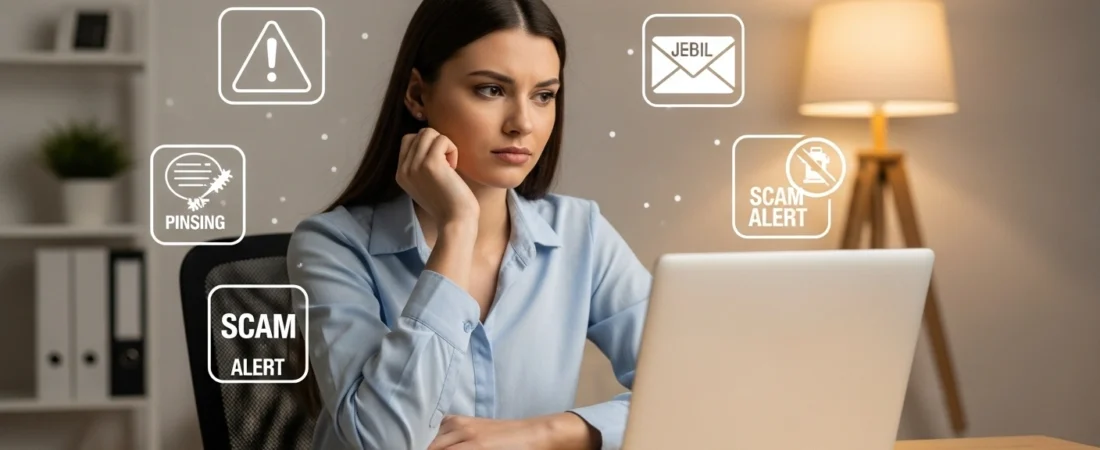Table of Contents
- Why You Should Watch Out for Remote Job Scams
- Don’t Pay to Get a Job
- Be Careful with Quick Hiring
- If It Sounds Too Good to Be True…
- Protect Your Personal Information
- Always Research the Company
- Final Thoughts
Why You Should Watch Out for Remote Job Scams

Remote jobs are more popular than ever—but that means scammers are more active too. If you’re looking for a remote job, you need to be extra careful. Scammers often trick people who are excited and eager to work. Knowing what to watch for can help you stay safe and find real job opportunities.
Don’t Pay to Get a Job

One of the biggest red flags is when a company asks you for money. Real companies don’t charge you to apply, train, or get started. They might reimburse you for things later, but they won’t ask you to pay first. Even if the fee is small, it’s likely a scam.
Be Careful with Quick Hiring

Scammers often rush the hiring process. They may skip the interview or ask just a few quick questions. Sometimes they’ll offer you the job right away—even over Telegram or WhatsApp. A real employer takes time to talk to you, checks your experience, and uses professional email.
If It Sounds Too Good to Be True…

Be cautious if the job sounds way too good. A remote job that pays a huge salary for simple tasks is a major warning sign. For example, a “data entry” job offering six figures is probably fake. Check sites like Glassdoor or LinkedIn Salary to see what similar jobs pay.
Protect Your Personal Information

Never share personal info like your Social Security number or bank account early in the hiring process. Real companies only ask for this after hiring you for things like payroll. Scammers ask for it early to steal your money or identity.
Always Research the Company

Before you accept a job, look up the company online. Search for the name of the company and the person who contacted you. Check if they have a real website and LinkedIn profiles. If you can’t find anything, or their website looks bad or fake, it’s probably a scam. A real company will have a strong online presence.
Final Thoughts
Remote job scams are everywhere—but if you know the signs, you can avoid them. Don’t pay for a job, be careful with fast offers, and always check the company before sharing personal info. If something feels off, trust your gut. For more help, check out this guide on How to Transition to Full-Time Remote Work: A Strategic Guide.
